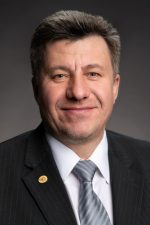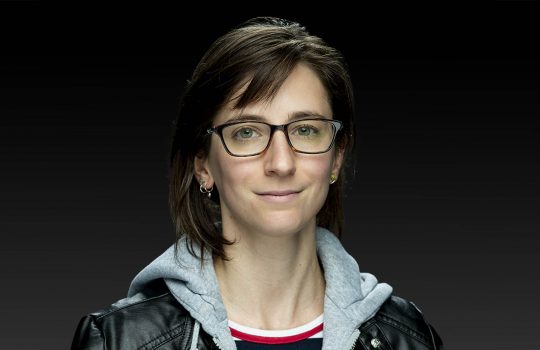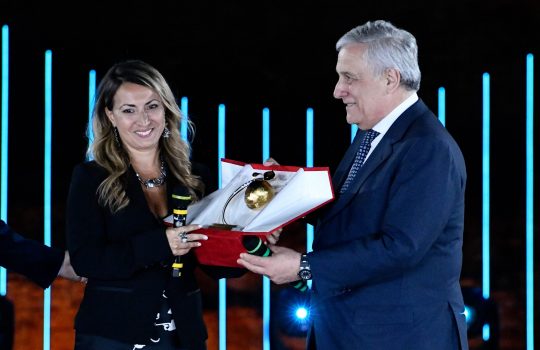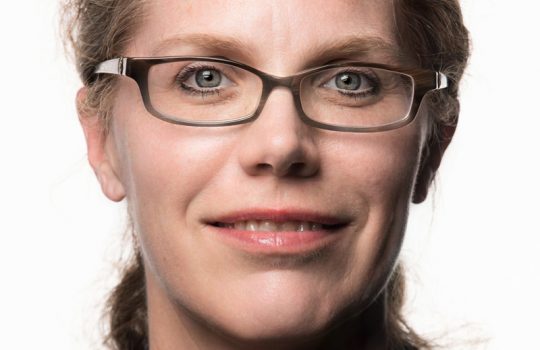Fermilab scientist Vladimir Shiltsev has been elected to Academia Europaea, which promotes a wide appreciation of the value of European scholarship and research. He is one of 361 members elected this year based on sustained academic excellence in their fields.
Widely recognized for his work in accelerator beam physics, especially in the area of particle colliders and electron lenses, Shiltsev is a Fermilab Distinguished Scientist, as well as a fellow of the American Association for the Advancement of Science, the American Physical Society and the Institute of Electrical and Electronic Engineers. He is also the recipient of the American Physical Society’s Robert H. Siemann Award, the European Physical Society’s European Accelerator Prize, the George Gamow Award and the International Nishikawa Accelerator Prize.
The object of Academia Europaea is the advancement and propagation of excellence in scholarship in the humanities, law, the economic, social, and political sciences, mathematics, medicine, and all branches of natural and technological sciences anywhere in the world for the public benefit and for the advancement of the education of the public of all ages. The aim of the academy is to promote European research, advise governments and international organizations in scientific matters, and further interdisciplinary and international research.
Fermilab accelerator science and technology research is supported by the DOE Office of Science.
Fermilab is supported by the Office of Science of the U.S. Department of Energy. The Office of Science is the single largest supporter of basic research in the physical sciences in the United States and is working to address some of the most pressing challenges of our time. For more information, visit science.energy.gov.




